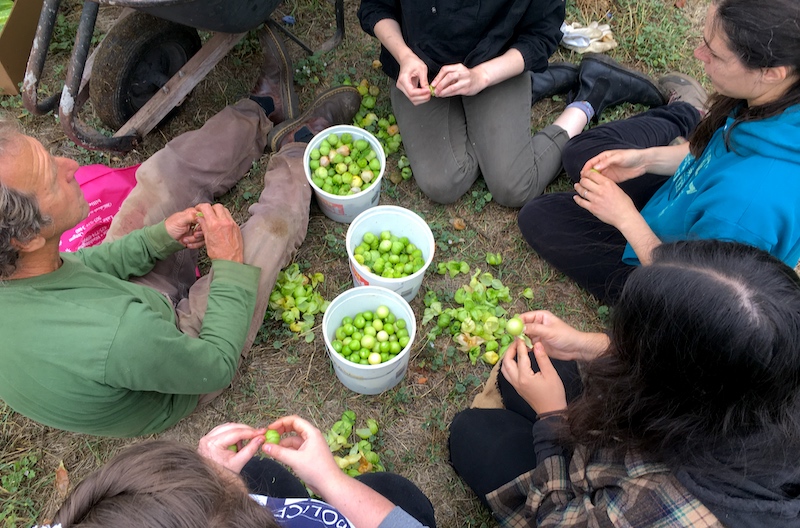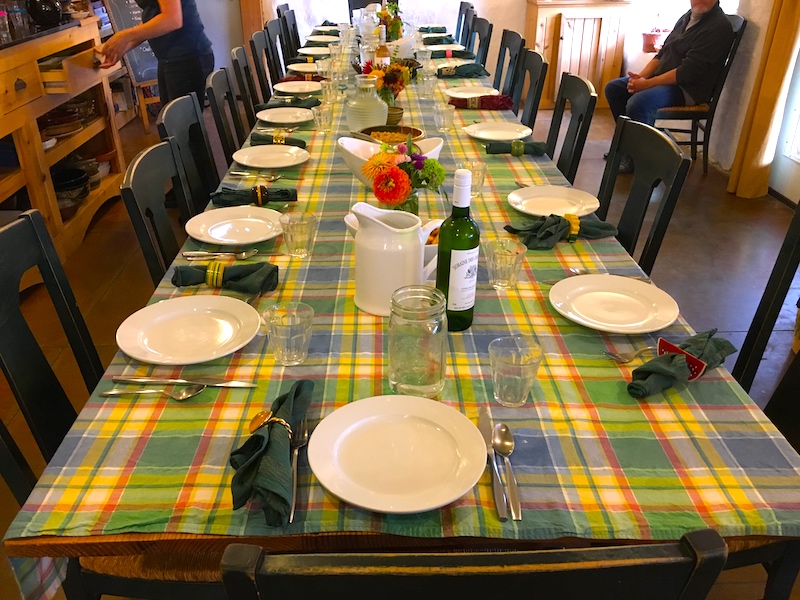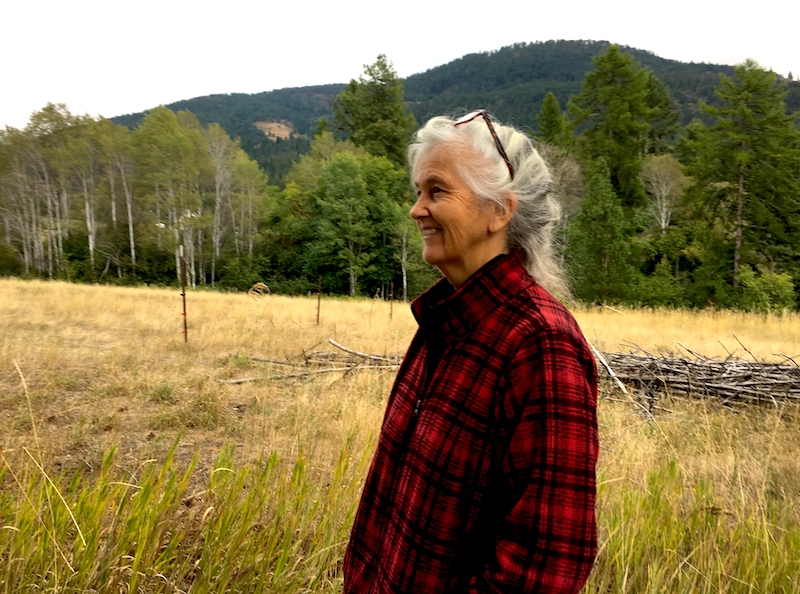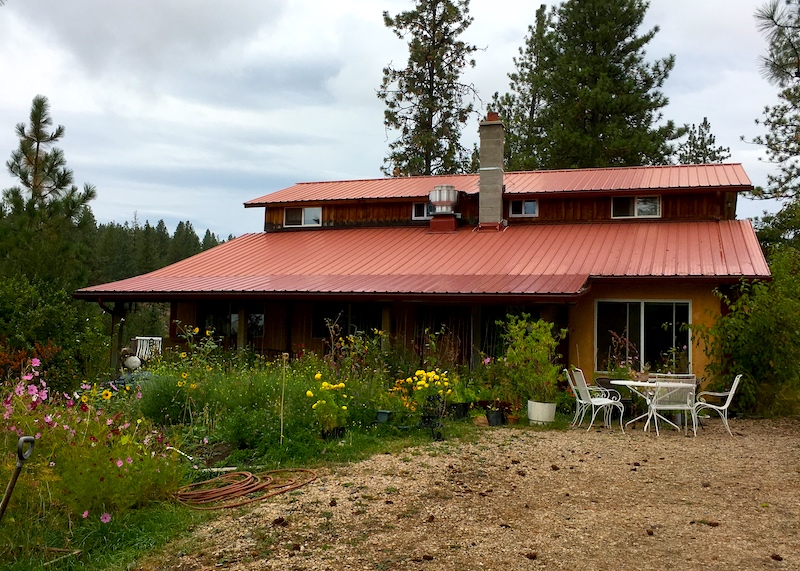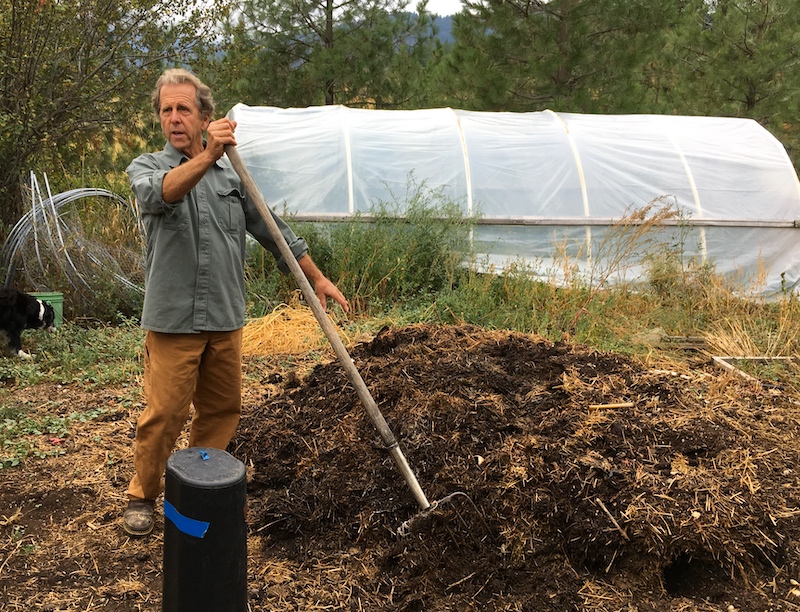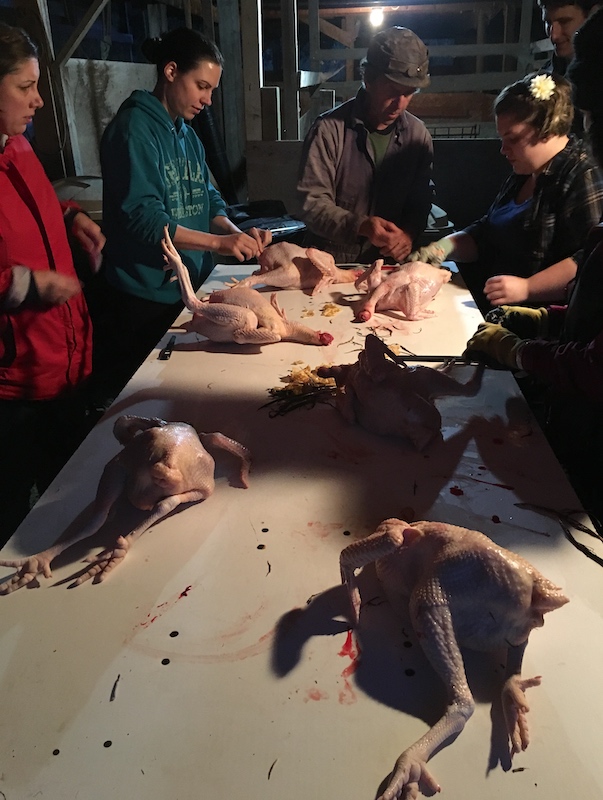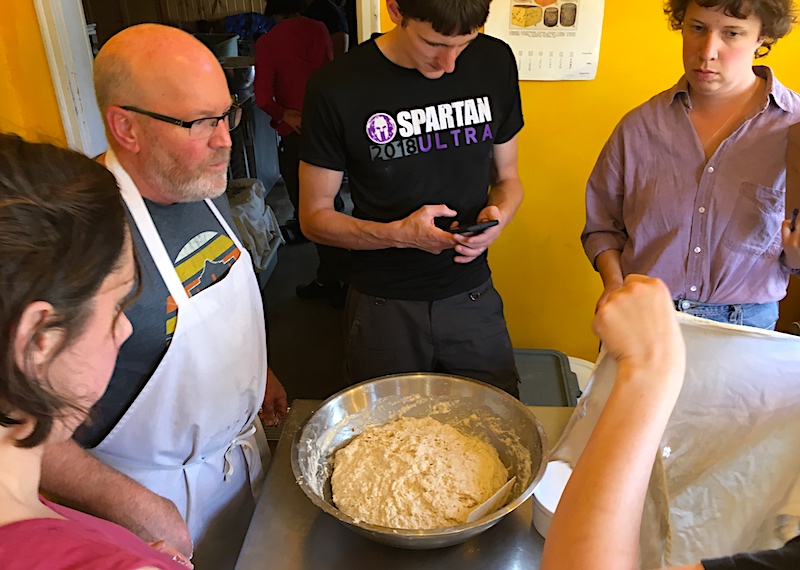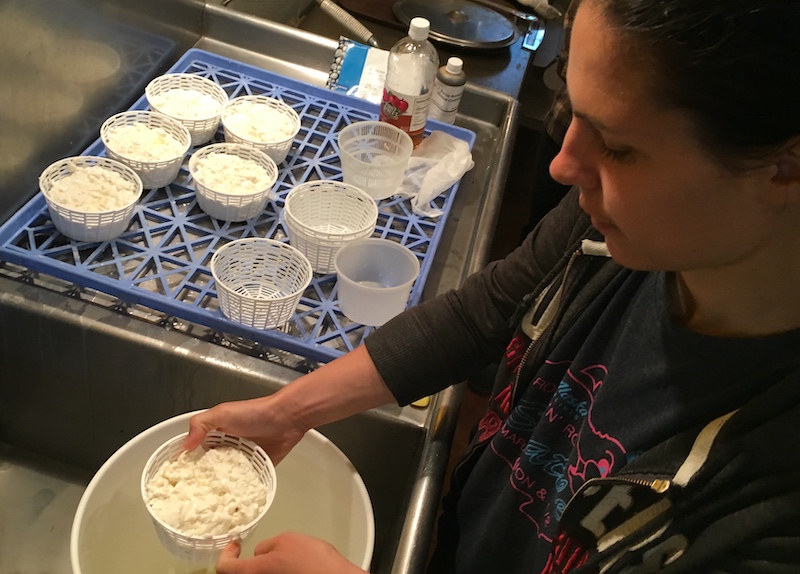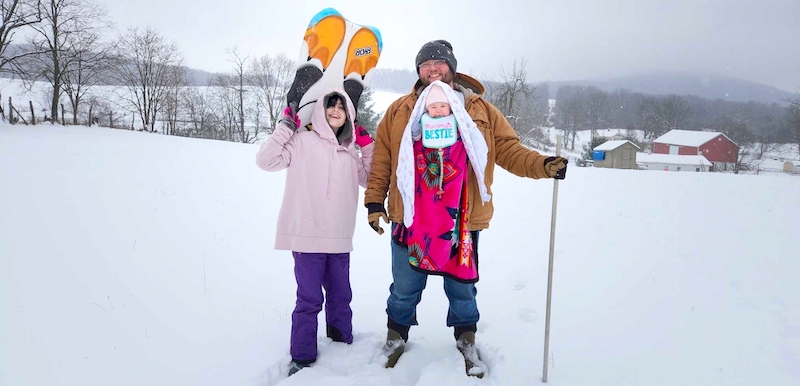
Guest Essay: My Family Lives in the Shadow of the American Dream
I can't think of a farm family I know where one or more of the owners doesn't have another job (or two) outside of the farm to help pay the bills or cover health insurance. This essay by Andrew Tait, a farmer in Shenandoah County, Virginia, was originally published in The Daily Yonder on Aug. 1, 2025.
I live in Shenandoah County, Virginia. I’m a factory worker. A farmer. A father of two girls, one still in diapers. I get up before the sun, and most days I don’t sit down until after it’s gone.
My partner Hannah and I raise our girls on a small farm in the Valley. She works full-time too—though nobody calls it that. She’s a caregiver, a homemaker, a livestock handler, and a mother. She doesn’t get a paycheck. She doesn’t get a break. She doesn’t get counted.
We’ve relied on a cistern for water for over three years. I’m trying to save up to dig a well before it runs dry. We heat with firewood I cut myself. We raise animals for milk, eggs, and meat because the grocery bill outpaces my paycheck.
We’ve stayed unmarried—not because we don’t love each other, but because getting married would kick my partner and our daughters off the Medicaid that keeps them healthy.
My employer offers insurance, sure—but only if I pay nearly as much as our mortgage. I can’t, so we stay as we are; in love but locked out.
I’m not ashamed of our life. It’s honest work, and it’s full of love. However, I am ashamed that in a country as wealthy as ours, people like us are left out in the cold.
When the so-called “Big Beautiful Bill” passed, it was marketed as a win for working Americans. From where I stand, it looks like the opposite. Cuts to Medicaid, reduced support for struggling families, and a ballooning deficit that somehow still leaves us more exposed than before.
You can dress it up however you want, but if it leaves working families behind, it’s not serving the people.
This bill, like so many before it, rewards the already powerful while punishing the people who hold up the economy in invisible ways. It gives to those who lobby and takes from those who labor. It reinforces a message I’ve felt in my bones for years: You’re on your own.
I’m not writing this as a Democrat or a Republican. I’m writing this as a man watching families like mine wear themselves thin; working hard, doing the right things, and still falling behind.
This isn’t about Red or Blue. It’s about the fact that we’re being divided against each other while both sides forget that real Americans bleed the same when the cost of insulin triples or the cost of groceries goes up again.
You shouldn’t be able to carry a hundred dollars’ worth of groceries in two hands. But these days, you can-and that’s not just wrong, it’s dangerous.
I’m writing to ask one simple thing: Who is this country really for?
Because if it’s not for parents doing their best to raise good kids in a broken system…
If it’s not for factory workers and farmers who show up every day, no matter how little is left in the tank…
If it’s not for families trying to make a life from the land and a paycheck…
Then maybe the flag doesn’t wave for all of us after all.
I don’t want handouts. I want fairness. I don’t want politics. I want policy that works.
I don’t want a revolution of violence. I want a revolution of responsibility—one where we take care of each other, where people can raise a family without choosing between groceries and medicine, and where love doesn’t have to take a back seat to red tape.
So, if you’re in power, hear me: We are not okay. We are drowning quietly.
And if you’re not in power, but you’re reading this and nodding along, then know this: you’re not alone either.
We’re not enemies. We’re neighbors. We’re parents, workers, and caretakers. And it’s time we start acting like it.
With respect,
A father holding faith
This story was originally published in the Daily Yonder. For more rural reporting and small-town stories visit dailyyonder.com. Photo from the author.
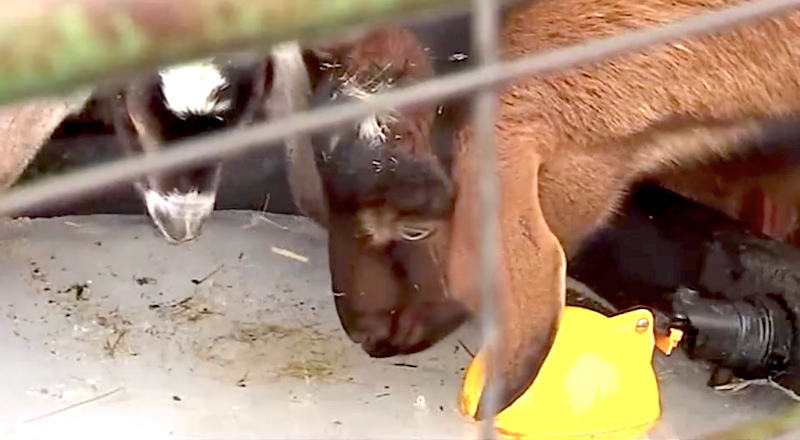
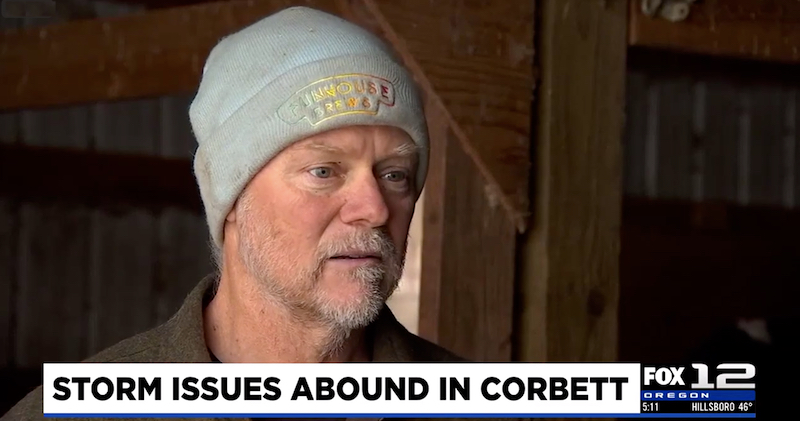
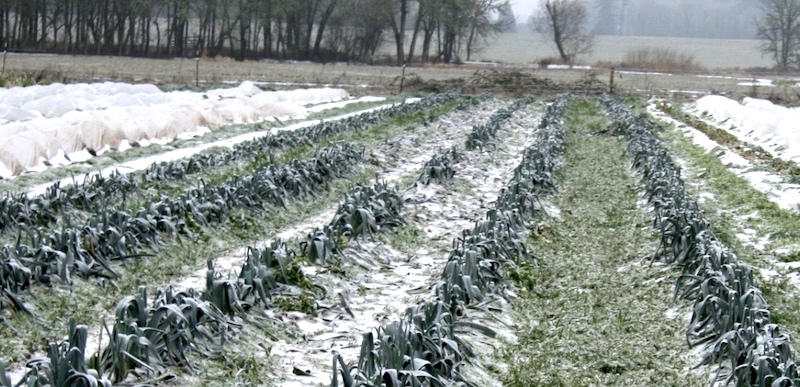
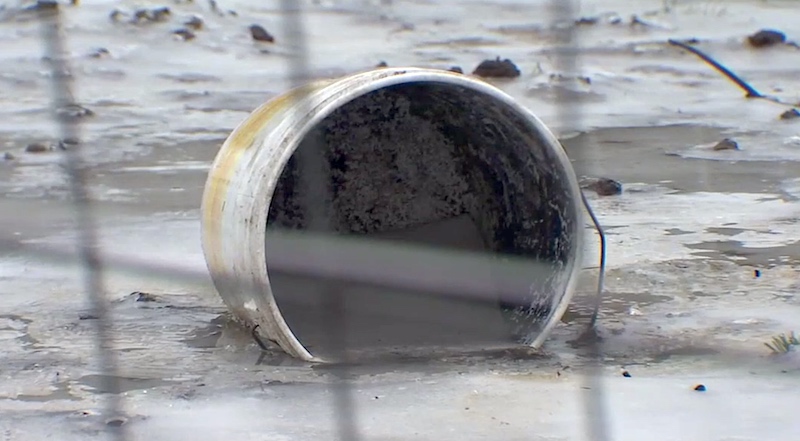
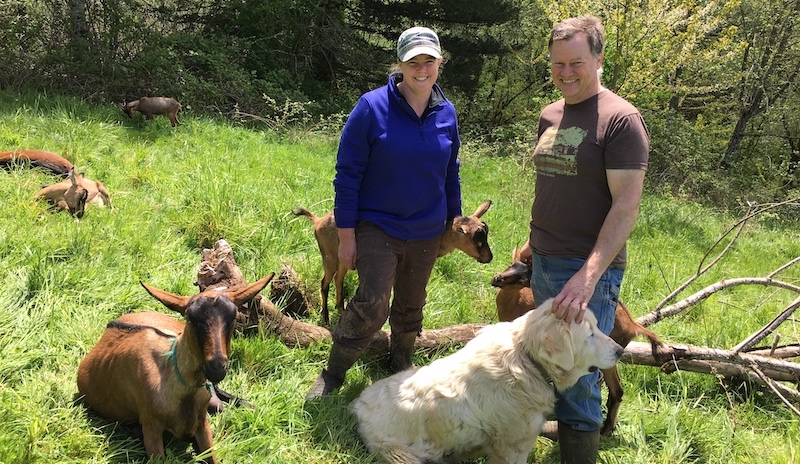
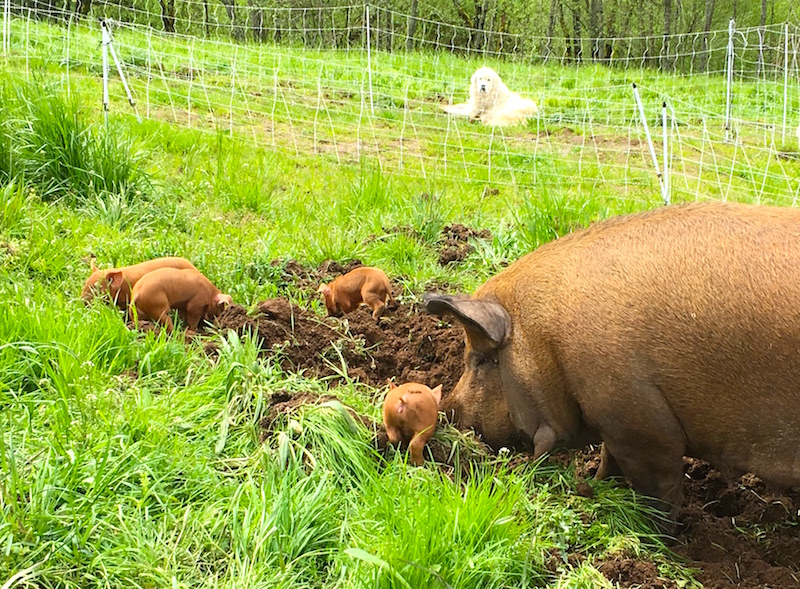 In the spring of 2020 they're taking
In the spring of 2020 they're taking 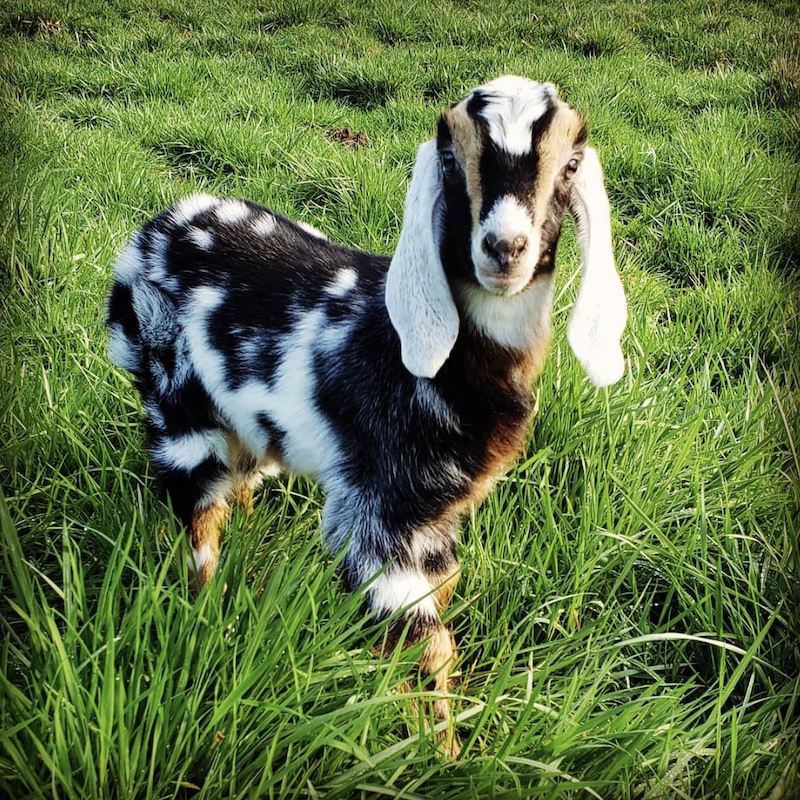 Goats were added, initially raised for their meat, but after milking a couple of their does, the Gueberts decided to focus on dairy, finding a ready market for their
Goats were added, initially raised for their meat, but after milking a couple of their does, the Gueberts decided to focus on dairy, finding a ready market for their 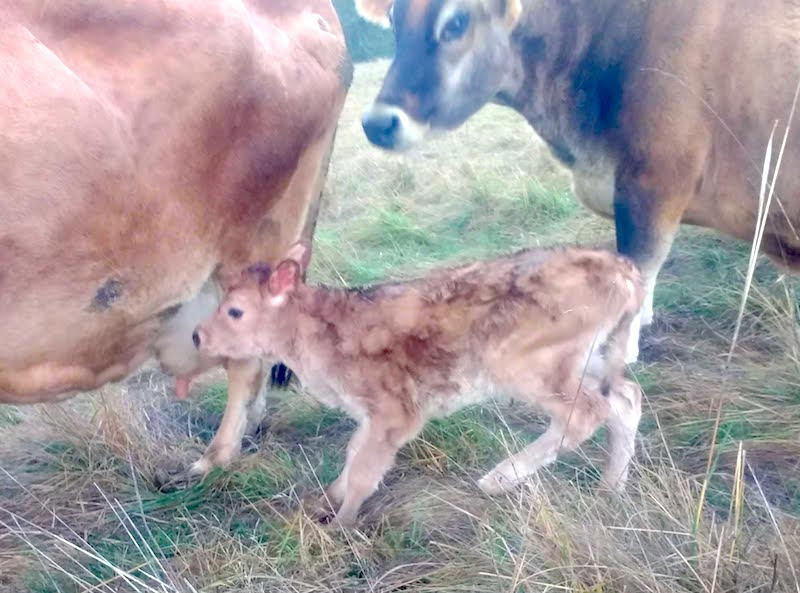 There's also, of course, the financial aspect. The farm currently has a steady income from the milk and meat they raise, with a loyal client base built up over many years. Customers come out to the farm in Corbett to pick up orders, and the online ordering and billing system the Gueberts implemented has streamlined transactions. Linda was able to leave her job to work on the farm full time in 2011, but like many farm couples, Mike still has a full-time job off the farm that helps pay the mortgage.
There's also, of course, the financial aspect. The farm currently has a steady income from the milk and meat they raise, with a loyal client base built up over many years. Customers come out to the farm in Corbett to pick up orders, and the online ordering and billing system the Gueberts implemented has streamlined transactions. Linda was able to leave her job to work on the farm full time in 2011, but like many farm couples, Mike still has a full-time job off the farm that helps pay the mortgage.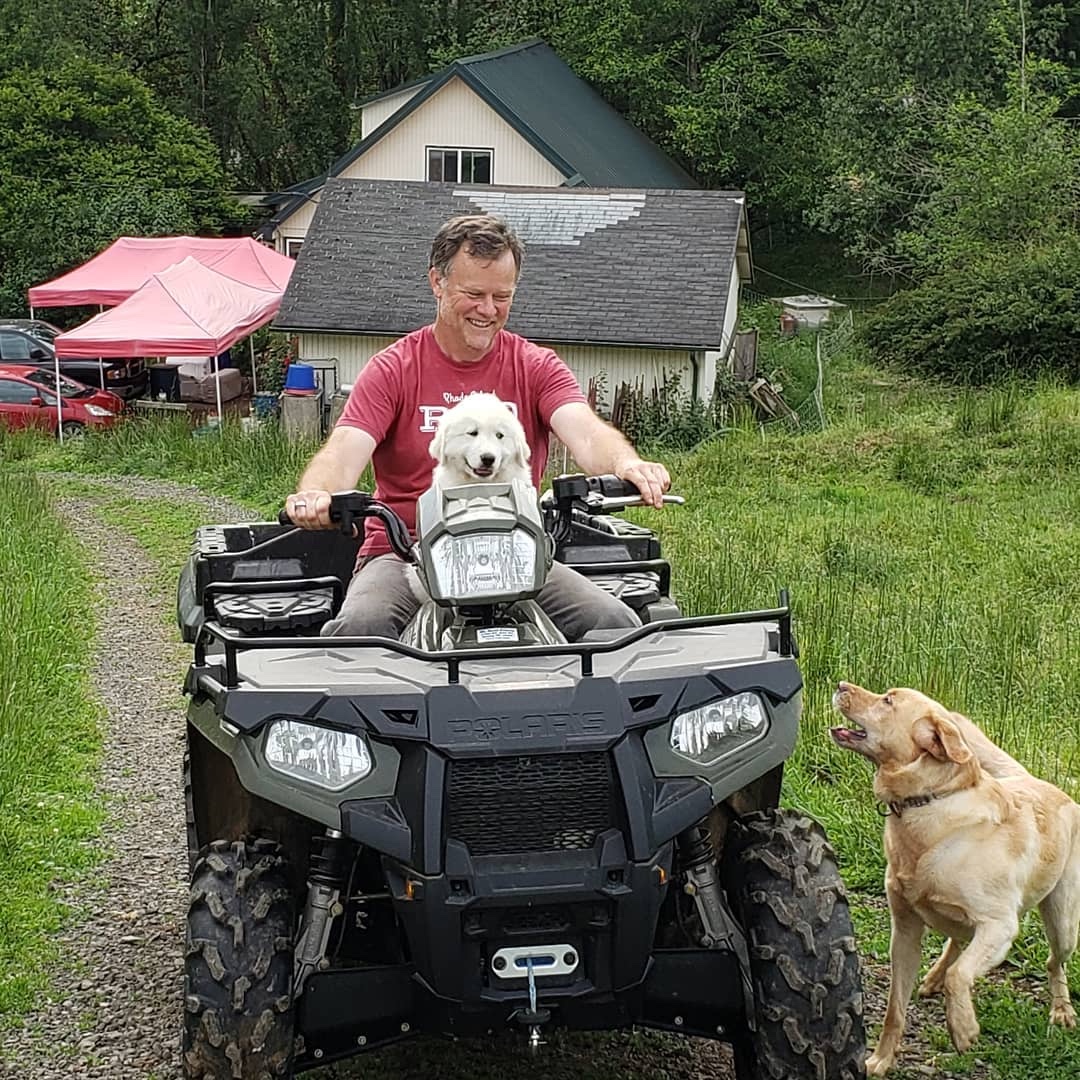 The plan for the meat CSA, still undergoing some fine-tuning, is to offer quarterly subscriptions in the $325 price range for a 10- to 12-pound monthly box of a variety of cuts and kinds of meat (i.e. pork, beef or chicken). Customers won't get the same box every month, ensuring that selection is varied and the whole animals will be used.
The plan for the meat CSA, still undergoing some fine-tuning, is to offer quarterly subscriptions in the $325 price range for a 10- to 12-pound monthly box of a variety of cuts and kinds of meat (i.e. pork, beef or chicken). Customers won't get the same box every month, ensuring that selection is varied and the whole animals will be used.